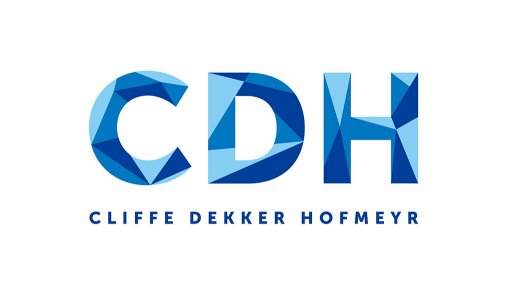
The Pension Fund Adjudicator’s decision in the matter of Mahomed v Argus Provident Fund [2016] JOL 35406 (PFA) dealt with dissatisfaction with the allocation and distribution of a death benefit. The main issue in contention was whether or not the intended payment of a major dependant’s benefit in the form of the purchase of an annuity was lawful and equitable.
The complainant’s mother was a member of the respondent provident fund at the time of her death. The fund’s trustees allocated the death benefit equally between the complainant and her sister, namely the deceased member’s two children. The trustees made a further provision for a portion of the allocated benefits to be transferred into an annuity to provide a monthly income for the beneficiaries.
The complainant lodged a complaint with the adjudicator disputing the allocation based on the premise that she had been a nominated beneficiary and the fact that she had not consented to the purchase of an annuity with a portion of her benefit.
The adjudicator reiterated that it is the trustees responsibility when dealing with the payment of death benefits to conduct a thorough investigation to determine the beneficiaries, to thereafter decide on an equitable distribution and finally to decide on the most appropriate mode of payment of the benefit payable.
The adjudicator stated that as a general principle, in instances where a major dependant’s benefit allocation will not be paid in a lump sum, the beneficiary must provide prior written consent.
Trustees should therefore ensure that they comply with their duty to conduct a thorough investigation to determine the beneficiaries to whom the benefits must be allocated and the financial circumstances of each beneficiary in order to determine whether the preferred method of payment is cognisant with the best interests of the beneficiary.
In this case the adjudicator ordered that the decision of the board of trustees in respect of the allocation of the death benefit and mode of intended payment be set aside and the board was ordered to reconsider its decision.
Written by Zaaheda Mayet, a director in Cliffe Dekker Hofmeyr's Employment practice